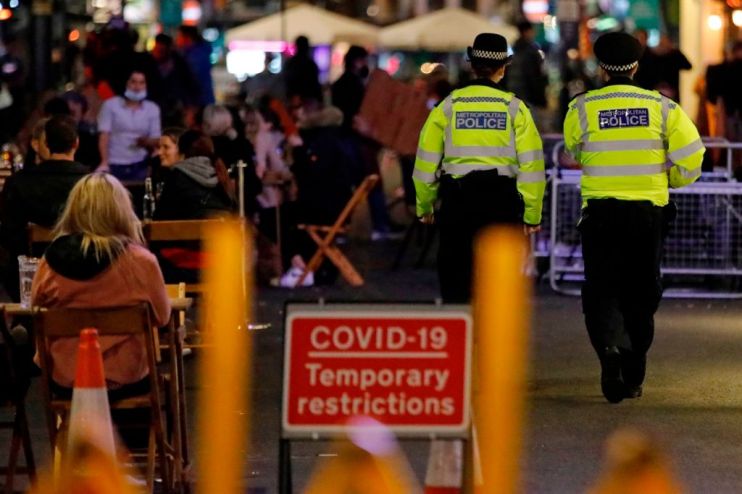UK inflation climbs to 0.5 per cent after Eat Out to Help Out scheme ends

UK inflation climbed to 0.5 per cent last month as restaurants and cafes hiked their prices following the end of the Eat Out to Help Out scheme.
The headline rate of inflation on the ONS consumer price index (CPI), which tracks the prices of goods and services, came in at 0.5 per cent in September, up from 0.2 per cent in August.
Read more: UK inflation falls to five year low due to Eat Out to Help Out
The core rate, which excludes volatile energy and food prices, increased 1.3 per cent.
The downward contribution from restaurants and hotels fell to 0.07 per cent in September, from 0.27 per cent in August, reflecting the end of the scheme.
The Eat Out to Help Out scheme offered 50 per cent off meals up to £10 in August from Monday to Wednesday. The government made up the shortfall.
More than 100m cheap meals were bought through the scheme.
Car sales drive inflation
Other rising costs in September included transport, which had an upward contribution for the first time since March. This was in large part due to more purchases of second-hand cars, where prices have been boosted by increased demand as people turn away from public transport.
This was partially offset by smaller downward contributions from furniture, household equipment and maintenance.
A recovery in airline fares inflation to minus 4.4 per cent from minus 20.6 per cent helped to boost the headline rate by 0.15 per cent.
Samuel Tombs, chief UK economist at Pantheon Macroeconomics, said that while inflation picked up after the temporary drop in August, it “likely will not rise materially further this year, thanks to looming falls in energy and goods prices”.
Despite a pickup in the inflation rate, the headline rate continues to be lower than the Bank of England’s two per cent target, which could support arguments for a further round of stimulus.
On Tuesday a Bank of England policymaker hinted at further stimulus as growth in new cases meant there could be more job losses on the horizon.
Monetary policy committee (MPC) member Gertjan Vlieghe said “The risks to the monetary policy stance are… skewed towards additional monetary stimulus.”